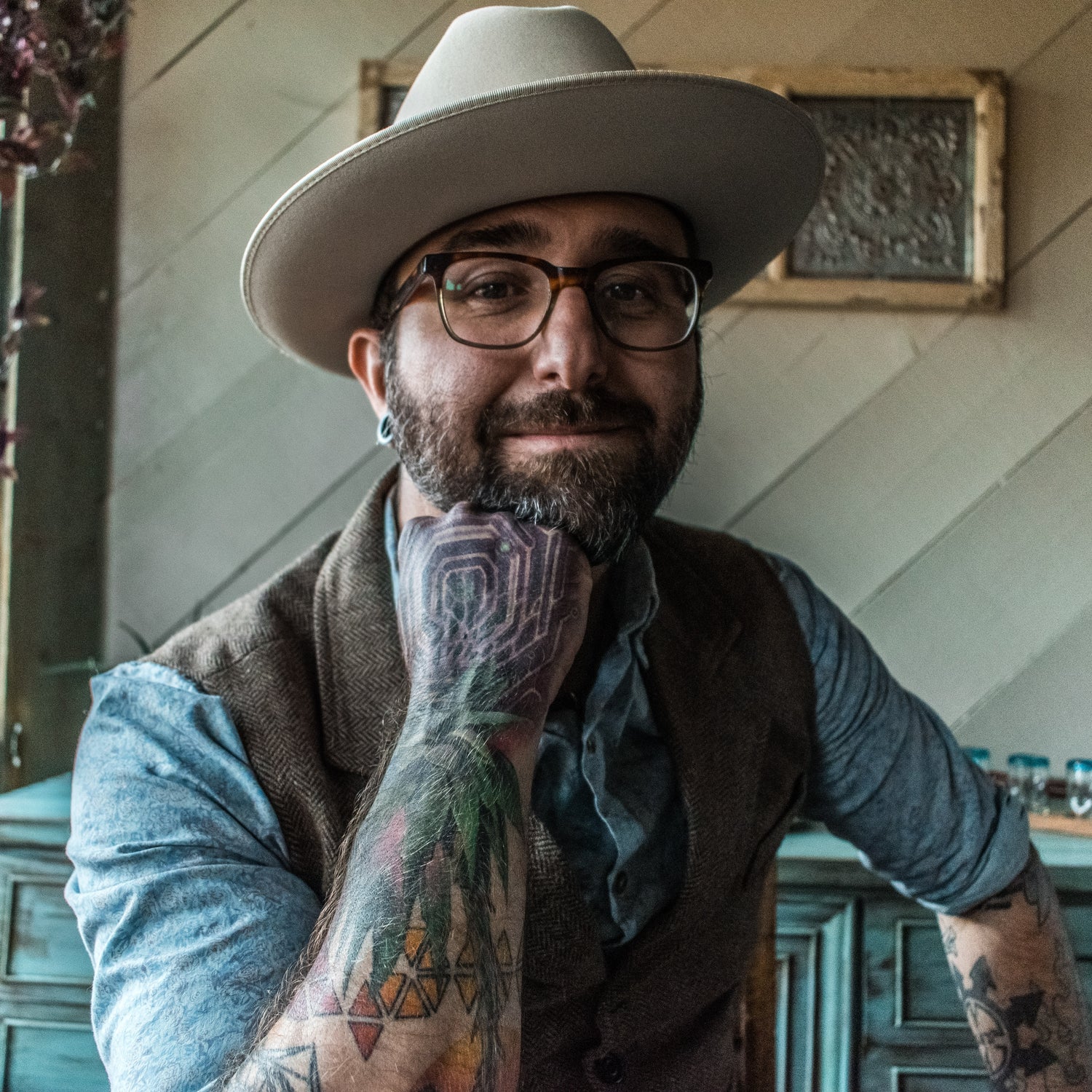
Sunday, October 8th
1pm - 2pm BancFirst Tower
One of the great tragedies of global archaeology is that the discipline was started by Europeans entrenched in the ideological detritus of attempts to author legitimacy for their expanding empires through their assumed cultural connections with the so-called Classical societies in and around the Mediterranean.

Because of this, we continue to explain movements away from centralization and aggregation of power as anomalies, or collapses, or peripheries, or natural reactions to environmental change. Instead, what if “collapses” were the result of widespread, intentional actions to create change? I use a massive database of 700 archaeological sites and approximately five million pieces of ceramics and to examine the changing nature of relationships in the deep past. This data is placed alongside Akimel and Tohono O'odham histories as well to argue that “collapses” should always be investigated first from a position that assumes that communities were intentional about reorganizations that dispersed power.
Dr. Lewis Borck
Serves as the Assistant Professor and holds the Horizon Endowed Chair of Native American History and Culture at Copeland Hall 207. An accomplished neurodiverse author and academic, Dr. Borck began his academic journey as a nontraditional student at Madison Area Technical College, eventually earning his Ph.D. in Anthropology with a focus on Archaeology from the University of Arizona. His rich career trajectory includes significant stints at renowned institutions such as the University of Arizona and Universiteit Leiden in the Netherlands, as well as contributions in cultural heritage management across federal, private, and nonprofit sectors. A fervent advocate for BIPOC and working-class archaeology students, he co-founded the Black Trowel Collective and established The History Underground. Presently, he collaborates with the Jicarilla Apache Nation’s Tribal Historic Preservation Office in New Mexico. Dr. Borck's research delves into the overlooked facets of Indigenous rebellions and their historical implications, and he critically evaluates the modern influences on history narration. He's an ardent storyteller, contributing to platforms like Huffington Post and Sapiens, and emphasizes the importance of narrative in his academic endeavors.
Education
AA: Liberal Arts, Madison Area Technical College
BA: Anthropology with a specialization in Archaeology; Minor in Psychology, University of New Mexico
MA: Anthropology with a specialization in Archaeology, University of Arizona
PhD: Anthropology with a specialization in Archaeology; Minor in Remote Sensing and Spatial Analysis, University of Arizona


